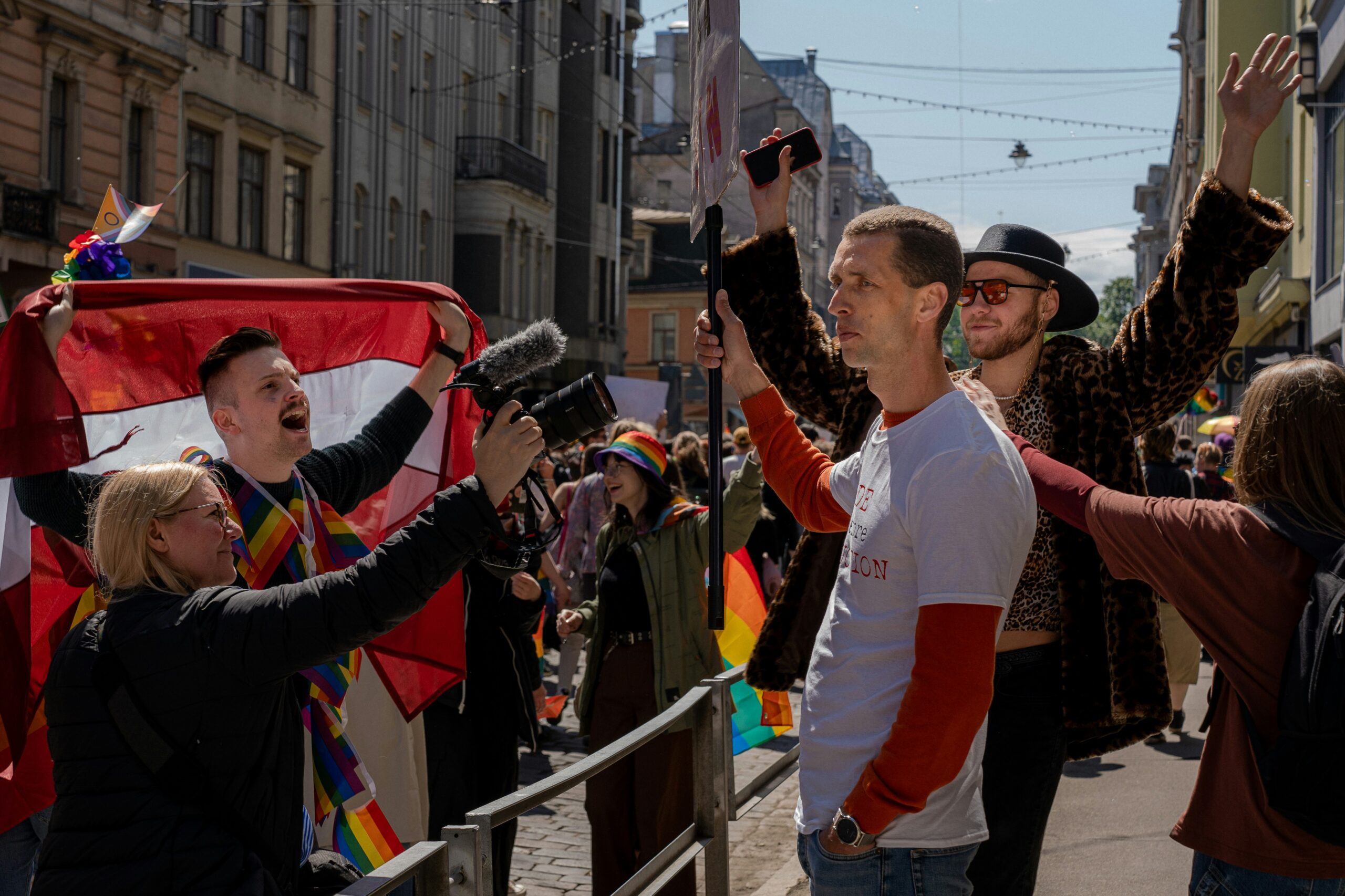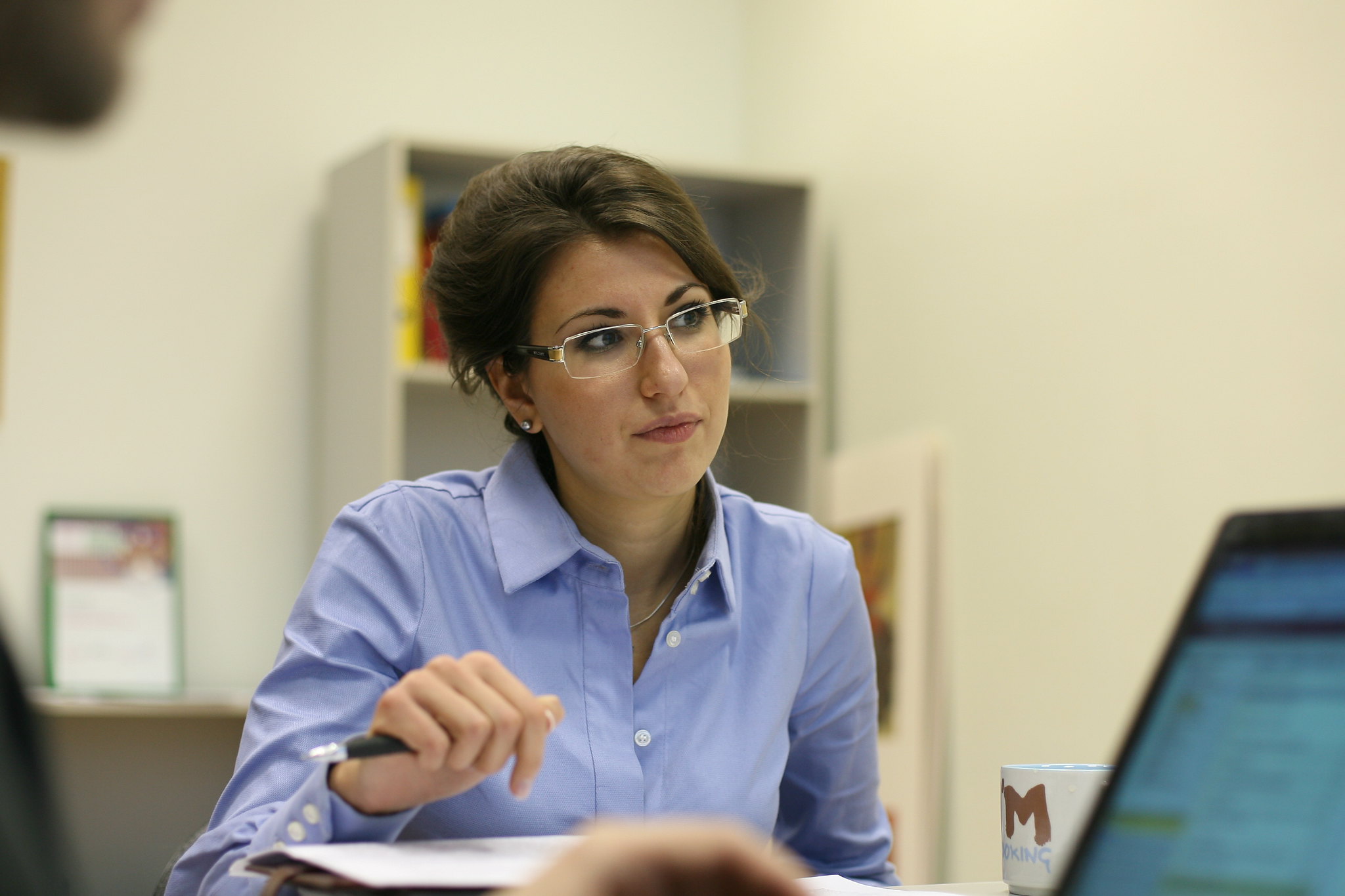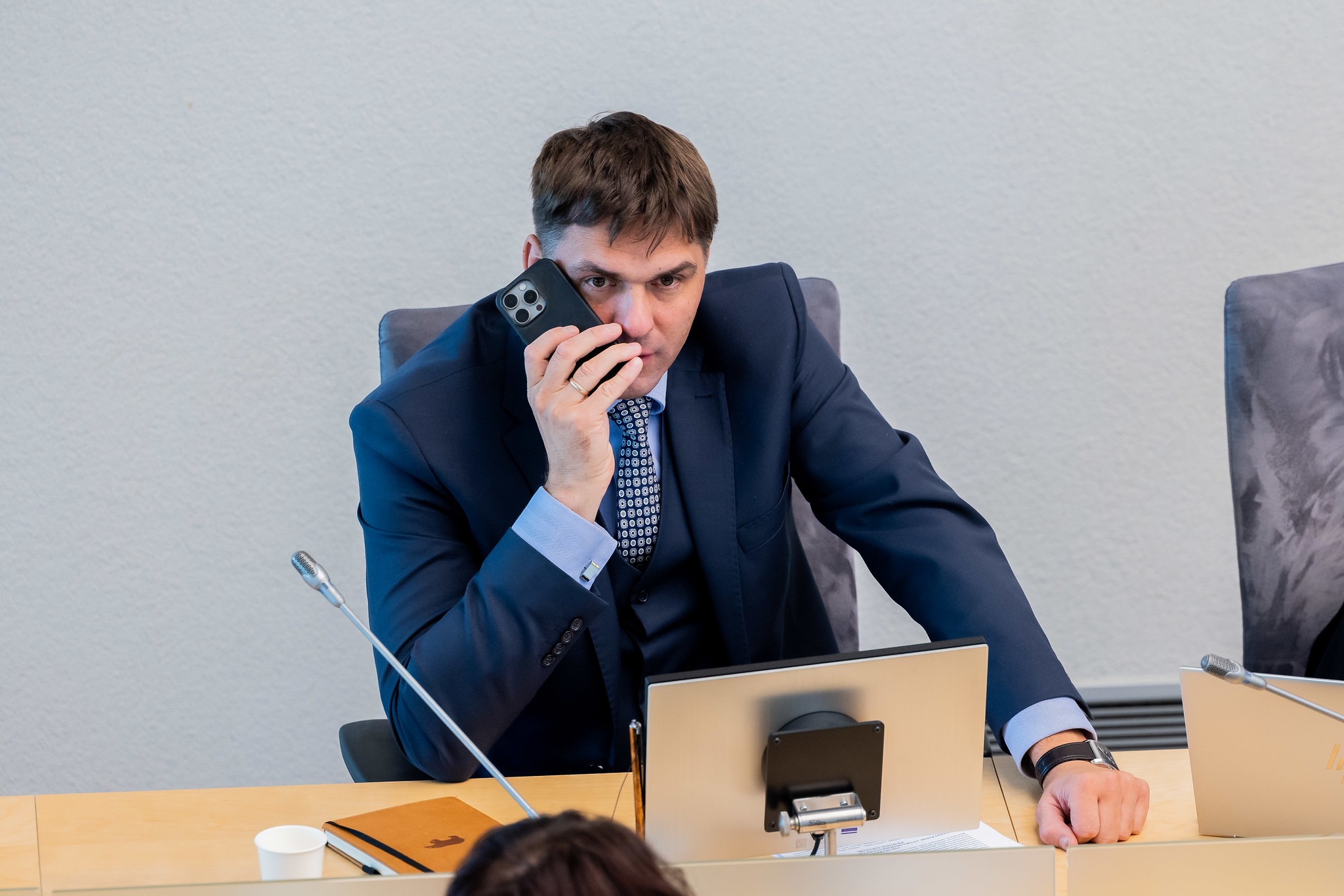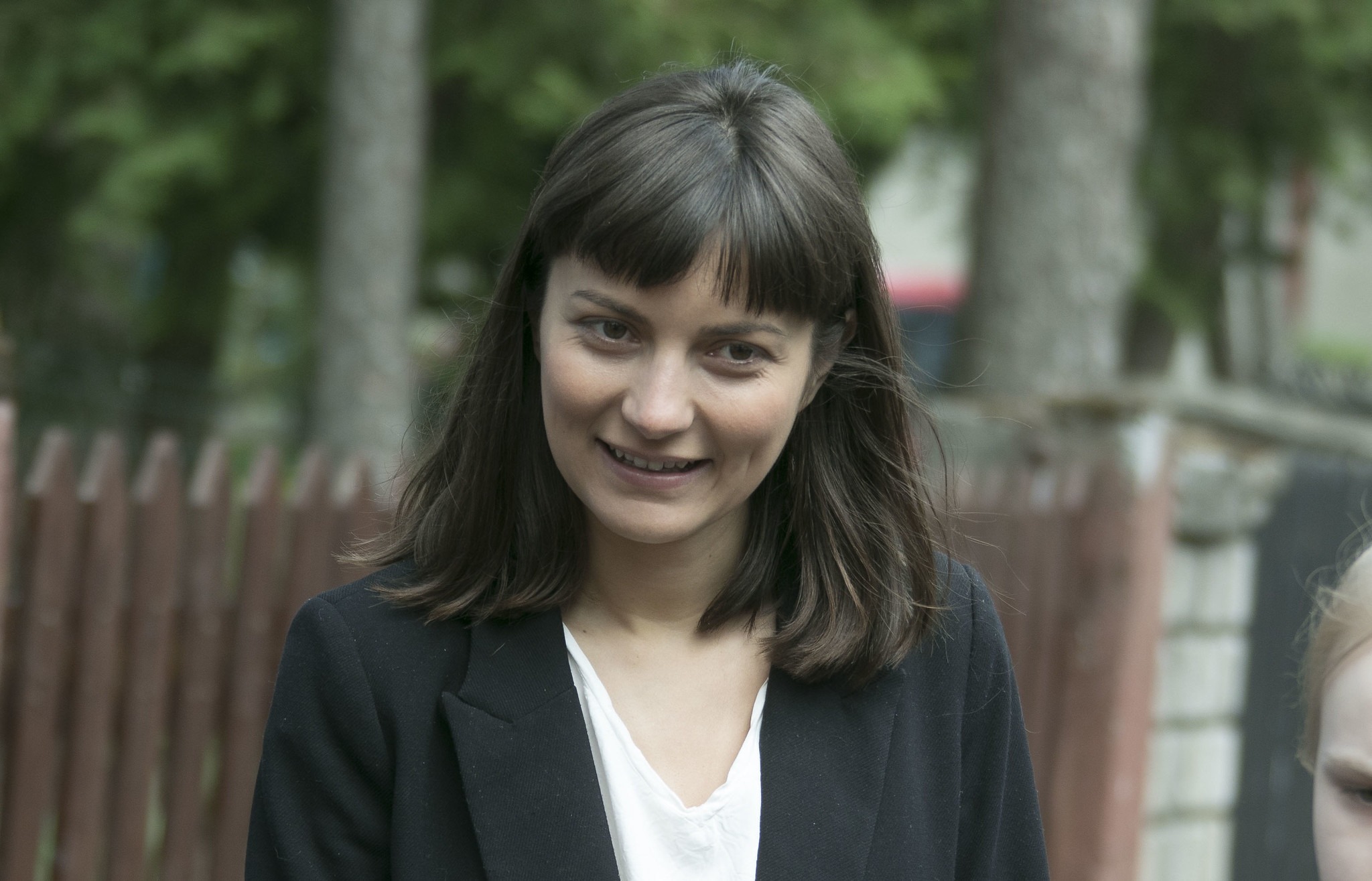
Key Insights:
During December, a variety of different topics were dominating Lithuanian digital landscape. According to social media monitoring tool Awario, stories with the highest engagement from social media users in Lithuania and, therefore, of highest relevance, were the following ones:
- The war between Israel and Hamas and the U.S.-led 10-nation force to counter attacks by Houthi rebels in the Red Sea;
- The ongoing Russia’s war in Ukraine with the concentration on EU’s approval to open negotiations for Ukraine to join the Union and the mass Russian attack on Ukraine on New Year’s Eve;
- A historic moment of permanently deploying a German brigade in Lithuania;
- The Seimas verdict not to strip MP Vytautas Gapšys of his mandate despite his jail sentence for corruption;
- Rise of COVID-19 cases in the country, followed by related fatalities;
- Drastically worsened weather conditions during the holidays, paralyzing the traffic in the country.
- Nomination of the Lithuania’s ambassador to Poland and the debates that followed nominees.
Specifically, malign Kremlin-aligned media channels that are still operating in Lithuania further promoted anti-government sentiments to their followers. Fair deal of the most engaged stories from this specific type of media discussed and emphasised the domestic issues and harshly commented on the poor work of the government or specific officials, broadcasting negative anti-government narratives to their audiences. During this reporting month, pro-Kremlin actors kept on questioning politicians’ competencies and financial transparency (referring to the previously analysed MG Baltic case) and criticised major institutions of the cointry, such as Prosecutor General’s Office of the Republic of Lithuania, accusing it of committing severe crimes and comparing it to a “well-organised mafia”.
Pro-Kremlin outlets also further undermined Lithuania’s ongoing support for Ukraine, claiming that it “leadsnowhere”, that the support is ineffective and accused the government of Lithuania for ‘putting the war in Ukraine first and domestic issues second’ in priority line. Malign actors have also ironically questioned whether “Lithuania will still need elections after declaring war on Russia”, mocking Lithuania’s clear position of supporting Ukraine and generally pictured Ukraine’s victory as implausible.
Overview of findings:
- A total of 620 articles (compared to 519 articles throughout November) were scrutinized from four Kremlin-aligned media outlets, still functional in Lithuania.
- Further analysing Facebook platform, the most active again was one of ta well-known participant of anti-LGBT protests, Antanas Kandrotas, publicly known under the nickname Celofanas (Cellophane). In his page “Celofanas LIVE”, he managed to maintain a notable pace, publishing even 69 posts throughout December. Hardly any other account of a person comes near to activity of publishing in Lithuania. Absolute majority of the posts were live video streams of him talking to his audience; some promoted his party and encouraged to join it; nearly all of the posts carried strong anti-government sentiments.
- One post stood out with its notable engagement (see screenshot on the right), scoring nearly 10k of interactions (reactions, comments and shares). In the live video, Celofanas made a performance, calling police after seeing recently sentenced Vytautas Gapšys on TV, asking them to detain the politician. After calling the police, Celofanas proceeds with adressing other national institutions in the video as well. Whole live video actively broadcasted anti-government sentiments, trying to undermine officials’ competencies through this ironic performance. Followers of Kandrotas enthusiastically supported him, further criticising the government and drawing a clear distinction between “us”, ordinary and ‘mortal’ citizens and “them”, referring to the politicians, who, allegedly, can ignore the law orders.
- An Awario media monitoring tool revealed that the topic of Russia’s aggression against Ukraine was less present in the social media compared to the month of November, as mentions of Ukraine (and word’s forms) in Lithuanian media dropped by more than 30%. However, Awario monitoring tool also revealed that even nearly 20% of these pieces held a negative sentiment; a visible growth of more than 5% compared to the previous month. That signals the prominent or even further growing usage of Ukraine’s war for the spread of anti-Ukrainian and anti-government narratives.
Story of the month (1): Wagner group symbol on display
During this reporting month, an unexpected display was noticed in Vilnius: a man carrying a bag with a Wagner group – Russian state-funded private military company – badge was detained at Vilnius Airport (see screenshot on the right, post by Vilnius Airport official account). According to preliminary data, the man was a Lithuanian citizen who was planning to fly to London. Important to note, that back in March 2023, Lithuania’s Seimas recognised Wagner as a terrorist organisation, as its mercenaries have been involved in the war in Ukraine.
It is not yet clear how the individual will be punished, according to Giedrius Mišutis, spokesperson for the State Border Guard Service (VSAT). The penalty for such an offence is a fine between 300 and 700 euros and confiscation of the symbol. The exact penalty is expected to be revealed at a later date. There is no information yet on whether the man quickly detained at Vilnius Airport may have any connection to the actual Wagner militia.
This news was widely covered across social media platforms, as many different
outlets shared the story. One of the main pages, fighting and exposing
disinformation online in Lithuania, “Vakcina nuo vatnikų“ (“Vaccine from
vatniks”) wrote a post with a headline encouraging readers to “report similar characters to the police as supporters of terrorism, if seen elsewhere”. This post received the most engagement (see screenshot on the left) from social media users, among the pieces covering this particular story. Comments under the post (see below) were unambiguously supportive of the man’s detainment, even suggesting harsher fines, “deportation from the country”, “imprisonment” or “removal of [his] citizenship”.
Examples of the comments’ section
However, under the articles shared by public social media profiles, such as “Vilnius airport” or independent outlet “lrytas.lt”, differing comments appeared. While some commenters still supported the detainment, others criticised the “harsh behaviour” towards “the innocent person”. While some commenters harshly criticised the airport workers and the police calling them “clowns”, others expressed concern: “does it look like a comic situation to you? Will he be compensated for the lost flight tickets? Time, etc?” (see screenshots below).
After the event, many speculations appeared online that pro-Kremlin actors might have purposefully organised this situation to check the reactions from state servants and from ordinary citizens and that “such a bold move” cannot be an accidental. Therefore, the high possibility of reoccurring such and similar provocations was widely discussed. Relatively high-engaged comment (see below) under one of the case-related posts concluded the whole situation as “it is still funny, how all of those moral bit*hes crawl to the rotten West instead of the land of their dream – russia”.
Story of the month (2): Lessening willingness to defend one’s country
Within the analysed month, Independent online radio station Žinių Radijas posted a short video extract from one of its shows, Vyrai kalba (“Men talk”), on its Facebook profile. In this programme, journalist Raigardas Musnickas and public relations specialist Liutauras Ulevičius cover different topics and answer questions from the audience. This time, as the post’s headline suggested, they discussed a topic related to the security of Lithuania. The headline asked: “the study shows that there is a decrease in the number of people willing to defend the country with a weapon if necessary. But maybe that’s not a bad thing?”.
Not at the first sight, but it came to be a highly provocative question, which sparked heated discussions in the comments section, as well over a thousand comments (see screenshot on the right) followed the post. The most popular comments with the most engagement were harsh criticism towards the Lithuanian government, claiming that “how the country treats its citizens, that’s how they treat it back” (first example below) and “if there was a normal government working for the people, maybe there would be people ready to fight for it; meanwhile, the current government should be taken down and thrown away” (second example below).
Among the most popular comments stated that the “country should be protected from the current government instead”. A clear tendency of strongly dividing “them”, referring to the officials of Lithuania and “us”, the citizens of the country. This division shows a hugely negative perspective towards the government, as they are being pictured as some kind of different species, revealing distinction and implying citizens’ mistrust: “Politicians constantly provoke armed conflicts, and then the peasants must go and die for those bastards politicians”. (see comment below)
Therefore, this post of Independent media revealed yet another way to spread the anti-government narrative. As the topic of national defence is becoming more and more present in digital media, due to the turbulent times and the upcoming elections, such heated discussions are expected to intensify in the few upcoming months.









